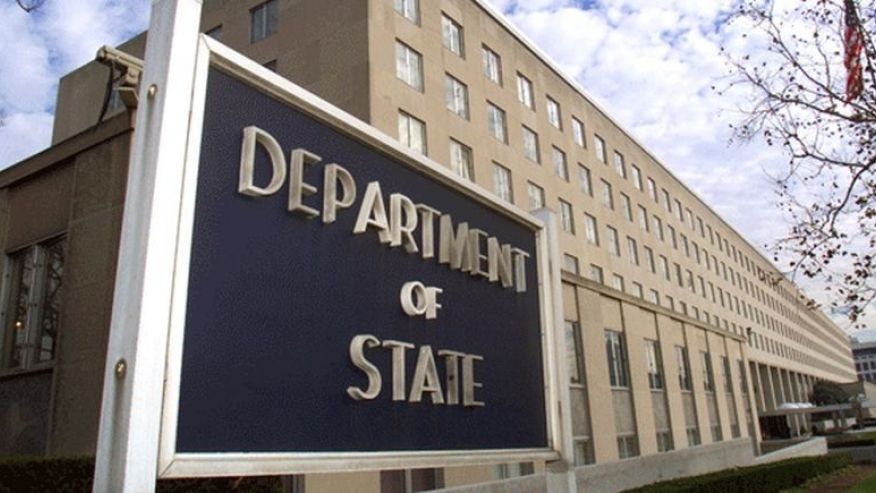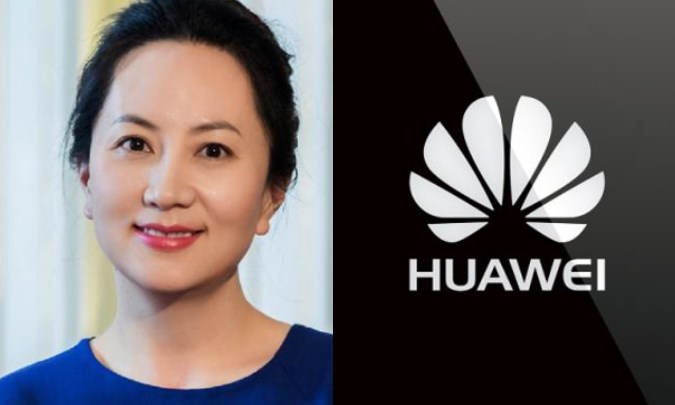The US government has urged Hong Kong to improve its enforcement of United Nations sanctions on North Korea and Iran, as well as export controls of strategic commodities and controlled items. The recommendations came during a previously unannounced meeting in the city last week.
The US Consulate General issued a statement on Monday morning revealing that between last Wednesday and Friday, senior delegations from the US Department of State and US Department of Commerce met with representatives of several Hong Kong government agencies. The officials reviewed recent progress and performance in bilateral cooperation on sanctions enforcement and strategic trade controls.
In the statement, the consulate said the delegation took note of recent steps by Hong Kong to enact ordinances necessary to implement United Nations sanctions, and new laws making it harder to register and operate shell companies in the city.

“The U.S. team recommended that Hong Kong improve the flow of enforcement cooperation information, and devote additional resources to sanctions enforcement, particularly with respect to shipping activities that violate United Nations sanctions on North Korea and Iran,” the statement said.
In January, a senior US official had warned Hong Kong authorities that they must stop the city from being used as a “safe harbour” for illicit trade with North Korea.
The US imposed a set of large-scale sanctions in February against North Korea – targets included five Hong Kong shipping companies.
The consular statement also touched on demands from the US side regarding export controls.

“[T]he U.S. delegation sought further improvements in Hong Kong’s tracking of strategic commodities and controlled items building on recent progress, and additional action and assistance in enforcement of restrictions on re-exports, so as to prevent diversion of such items to the development and production of weapons of mass destruction and unauthorized military end users,” the statement said.
“The United States looks forward to continued close cooperation with Hong Kong on these important matters,” it added.
In November, the annual report of the US-China Economic and Security Review Commission suggested that the US Department of Commerce should review its export control policy for civilian technology with military applications in relation to Hong Kong and China. The report concluded that Hong Kong was moving closer to becoming “more like any other Chinese city.”
On December 1, Canadian authorities arrested Meng Wanzhou, Chinese tech giant Huawei’s chief financial officer, following a request by US authorities. The US accused Huawei of using a Hong Kong company named Skycom – an “unofficial subsidiary” – to break US sanctions and conduct telecommunication business with Iran.

Democratic Party lawmaker James To told HKFP on Monday that he understood that the US had been watching the enforcement of United Nations sanctions and export controls in Hong Kong very closely.
“It is a very important gesture for the delegations to come to Hong Kong,” he said.
To said he met with three US delegations this year, and one of the officials was US Congressman Ted Yoho, chair of the House of Representatives’ subcommittee on Asia and the Pacific.
“In a meeting of 45 minutes, [the delegation] told me this four times: ‘Hong Kong has to act more seriously and implement export control and the investigations [of breaches] more strictly – this is of utmost importance to the US,’” To said.
To added that when Yoho visited, he also met with Chief Executive Carrie Lam.
“They are very powerful,” To said.
